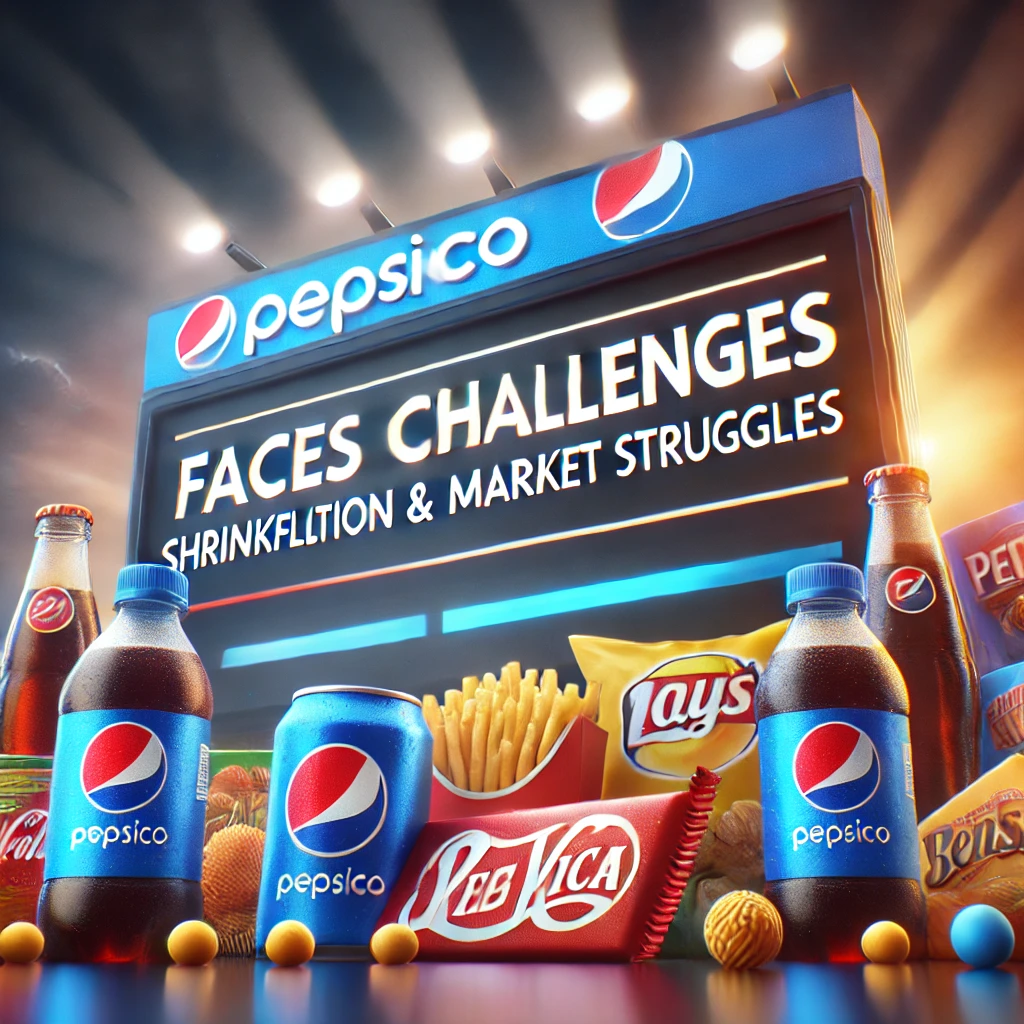PepsiCo has been navigating a rocky road lately. The company, known for its popular snacks and beverages, has faced a tough environment with declining demand and an unpredictable market. Despite these challenges, PepsiCo’s share prices have shown resilience, though the recent earnings report reveals some hurdles that can’t be ignored.
In the latest quarter, PepsiCo reported a slight miss in its revenue, falling short of analyst expectations. Sales were down to $23.32 billion, compared to the expected $23.9 billion. The company pointed out that its Quaker Foods division had taken a notable hit, largely due to recalls related to potential contamination, leading to a steep drop in sales of around 13%. Similarly, North American Beverage volumes also declined by about 3%, reflecting the challenges PepsiCo faces as consumers become increasingly cost-conscious.
The key reason behind this slowdown seems to be changing consumer habits. People are cutting back on spending as inflationary pressures continue to squeeze budgets. According to a survey, around 83% of consumers have taken some kind of cost-cutting measure while grocery shopping, like opting for store brands instead of bigger names. This has been a blow to companies like PepsiCo, which rely heavily on brand loyalty. Private labels have been gaining market share, growing at more than double the rate of national brands like Pepsi and Coke.

One of the main concerns for PepsiCo is its reliance on products that are not considered necessities. Snacks and soft drinks are often the first items consumers cut back on when tightening their belts. This trend has impacted PepsiCo’s growth, especially in North America, while sales volumes in other regions, like Europe, have been slightly more promising.
Interestingly, even with these challenges, PepsiCo’s stock has managed to stay relatively stable, partly because investors believe much of this bad news has already been priced in. PepsiCo has adjusted its growth expectations, bringing them down to around 4% from an earlier target of 5%. This realistic outlook might have reassured investors who were already anticipating a bumpy ride.
There’s also some light at the end of the tunnel. While overall sales volumes for food and beverages fell, the company noted that certain products like Gatorade are still holding strong and even gaining market share in the sports drink category. It appears that healthier or functional beverages may provide a path forward for the company.
But PepsiCo isn’t just dealing with shrinking consumer demand. Geopolitical issues are also adding to the complexity. Rising tensions in the Middle East have caused disruptions in some of PepsiCo’s international markets. These disruptions, combined with the changing habits of American consumers, make it clear that PepsiCo is in a period of significant adjustment.
In summary, PepsiCo is feeling the pressure from all sides—from inflation-pinched consumers to international uncertainties. While the company’s stock has shown resilience, it’s clear that PepsiCo will need to adapt to the evolving preferences of consumers who are increasingly prioritizing value and health. Investors will be watching closely to see if PepsiCo can navigate these challenges while finding new growth opportunities.